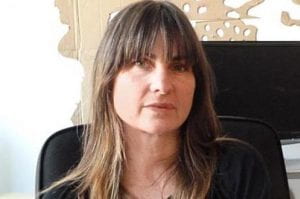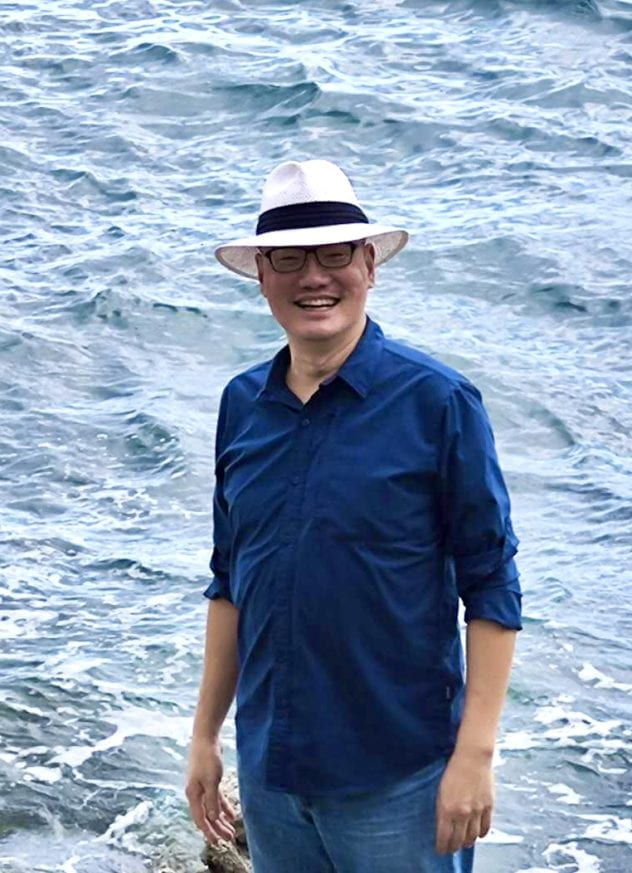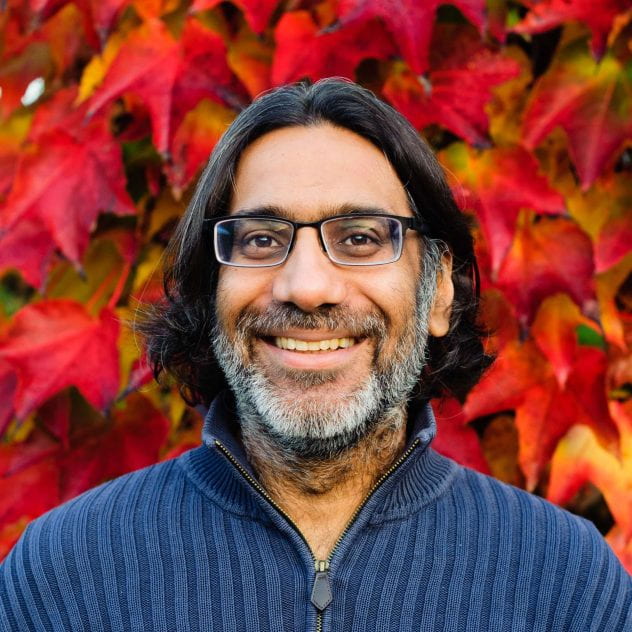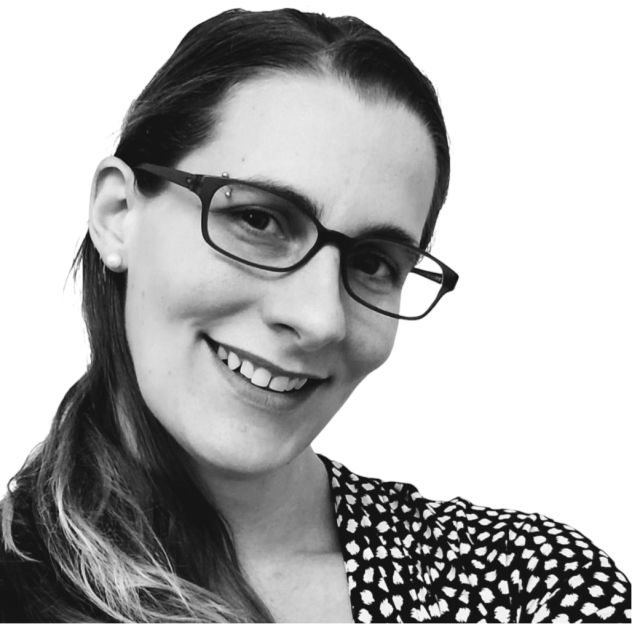CHRIS BENNER
Dr. Chris Benner is the Dorothy E. Everett Chair in Global Information and Social Entrepreneurship, Director of the Everett Program for Technology and Social Change, and a Professor of Environmental Studies and Sociology at the University of California, Santa Cruz. He is also the Director of the Santa Cruz Institute for Social Transformation. Rooted in an urban political ecology approach, his research examines the relationships between technological change, urban and regional development, and structures of economic opportunity.
KATIA OBRACZKA
Katia Obraczka is campus director of CITRIS and the Banatao Institute at the University of California, Santa Cruz, and a Professor at UC Santa Cruz’s Jack Baskin School of Engineering. Her research and teaching interests include computer networks, distributed systems, Internet information systems, and operating systems. She is director of the Internetworking Research Group (iNRG). She is a Fellow of the Institute of Electrical and Electronics Engineers (IEEE).
JENNIFER A PARKER
Jennifer Parker is an artist and Professor of Art. She is the founding Director of UCSC OpenLab Research Center and serves as principle faculty for the Digital Arts & New Media (DANM) MFA program where she directed the Mechatronics collaborative research cohort from 2009-2015 developing research projects that combine art, design, science and technology. She has served as department chair for five years and is currently helping to spearhead the IDEA Hub, a new campus-wide initiative that facilitates hands-on learning for social and creative entrepreneurship through a network of incubation hubs, student fellowships, workshops, and community mentorships.
RICARDO SANFELICE
Ricardo Sanfelice is Professor at the Department of Electrical and Computer Engineering, University of California at Santa Cruz. He received the B.S. degree in Electronics Engineering from the Universidad Nacional de Mar del Plata, Buenos Aires, Argentina, in 2001. He joined the Center for Control, Dynamical Systems, and Computation at the University of California, Santa Barbara in 2002, where he received his M.S. and Ph.D. degrees in 2004 and 2007, respectively. During 2007 and 2008, he was a Postdoctoral Associate at the Laboratory for Information and Decision Systems at the Massachusetts Institute of Technology. From 2009 to 2014, he was Assistant Professor in the Aerospace and Mechanical Engineering at the University of Arizona, where he was also affiliated with the Department of Electrical and Computer Engineering.
MINGHUI HU
Minghui Hu studied structural engineering with computer-assisted analysis and design in Taiwan and earned his B.S. in 1989. Upon receiving his MS from Virginia Tech’s Science and Technology Studies graduate program, he moved to Los Angeles to pursue his Ph.D. in History at UCLA. Hu was a computer programmer at a child psychiatrist lab in a UCLA hospital while pursuing a Ph.D. in History. Upon completing his dissertation in the History of Science program at UCLA in 2004, he moved to the University of Chicago as an Andrew Mellon postdoctoral fellow. Hu joined the faculty of History at UCSC in 2005. Minghui Hu has published a monograph titled China’s Transition to Modernity: The New Classical Vision of Dai Zhen (Washington 2015, the Chinese translation is forthcoming in 2023) and co-edited Cosmopolitanism in China, 1600-1950 (Cambria 2016) with Johan Elverskog. His articles have appeared in several academic journals, including The International History Review, Frontier of History in China, Twentieth-First Century, Xue Heng, and Harvard Journal of Asiatic Studies. He has completed a book manuscript titled Waiting for the Barbarians: A History of Geopolitics in Early Modern China (Cambria, 2025). Data mining and the field of digital humanities are the main focus of his future research.
PRANAV ANAND
Pranav Anand is a Professor in the Department of Linguistics at UC Santa Cruz. A formal semanticist by training, his research concentrates on context dependence in meaning of natural languages, with particular interest to the encoding of perspective in linguistic expressions. He also serves as the Faculty Director of The Humanities Institute at UCSC.
COLLEEN JOSEPHSON
Colleen Josephson is an Assistant Professor of Electrical and Computer Engineering and AES (Agricultural Experiment Station) Agronomist at UC Santa Cruz. Her research focuses on wireless sensing systems to enable and improve sustainable practices, and her contributions include designing novel sensing paradigms for agriculture, inventing techniques for ultra-low power communication in indoor sensor networks, and exploiting non-traditional energy sources, such as microbes, for sustainable sensing. She is an associate editor for IEEE Transactions on AgriFood Electronics, and on the steering committee for HotCarbon, the premier ACM venue on Sustainable Computer Systems. Colleen completed her PhD in Electrical Engineering at Stanford University, and was formerly a Senior Research Scientist at VMware where she chaired/co-chaired two working groups in the ATIS Next G Alliance, and served as an organization lead in the Green Software Foundation. Her honors and awards include receiving the 2023 VMware Early Career Faculty Award, the 2024 Steve Kang Award for Diversity, Equity, and Inclusion, being named a 2022 FFAR New Innovator in Food and Agriculture, a 2022 N2Women Rising Star in Networking and Communications, and a 2020 Rising Star in EECS.







